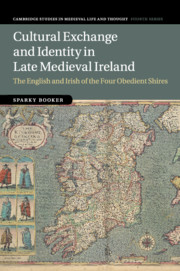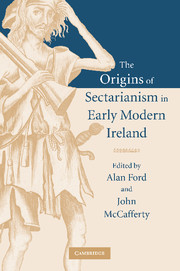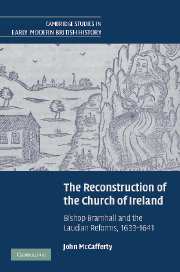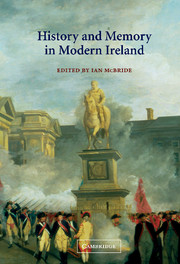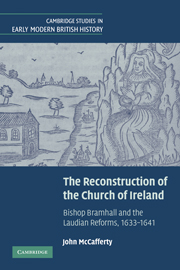Cultural Exchange and Identity in Late Medieval Ireland
Irish inhabitants of the 'four obedient shires' - a term commonly used to describe the region at the heart of the English colony in the later Middle Ages - were significantly anglicised, taking on English names, dress, and even legal status. However, the processes of cultural exchange went both ways. This study examines the nature of interactions between English and Irish neighbours in the four shires, taking into account the complex tensions between assimilation and the preservation of distinct ethnic identities and exploring how the common colonial rhetoric of the Irish as an 'enemy' coexisted with the daily reality of alliance, intermarriage, and accommodation. Placing Ireland in a broad context, Sparky Booker addresses the strategies the colonial community used to deal with the difficulties posed by extensive assimilation, and the lasting changes this made to understandings of what it meant to be 'English' or 'Irish' in the face of such challenges.
- Places Ireland in a broad context and avoids the specialist language that separates Irish historiography from the historiography of the medieval world more generally
- Integrates the experiences of non-elite groups into its analysis to help readers get a more accurate understanding of colonial society, at all levels, in Ireland
- Incorporates both ecclesiastical and secular developments and institutions to reveal the close and complex relationships between the secular and religious in medieval society
Reviews & endorsements
'… I would recommend this book. It is engaging, informative, and helps to unravel and explain some of the more complex relationships between the English and the Irish in the four counties at the heart of the English colony in later medieval Ireland. It makes a significant contribution to the scholarship, and encourages us to rethink our assumptions about ethnicity in the Middle Ages.' Michael Potterton, American Historical Review
‘… this book is indispensable for anyone interested in colonial Ireland in the fifteenth century. Booker’s deeply researched monograph offers a wealth of evidence and a variety of sources worth mining in future studies.' Kathryn Lavezzo, Speculum: A Journal of Medieval Studies
Product details
February 2018Adobe eBook Reader
9781108635417
0 pages
2 maps
This ISBN is for an eBook version which is distributed on our behalf by a third party.
Table of Contents
- Introduction: cultural exchange and identity in late medieval Ireland
- 1. Defining the region: the four obedient shires
- 2. Migration, assimilation, and status: the Irish of the four shires
- 3. Mediation and cooperation: the 'two nations' in the church
- 4. Interethnic family ties: intermarriage and fosterage
- 5. Irish customs in the four shires
- 6. The Irish language and the English community
- Conclusions: identity and the limits of assimilation.

